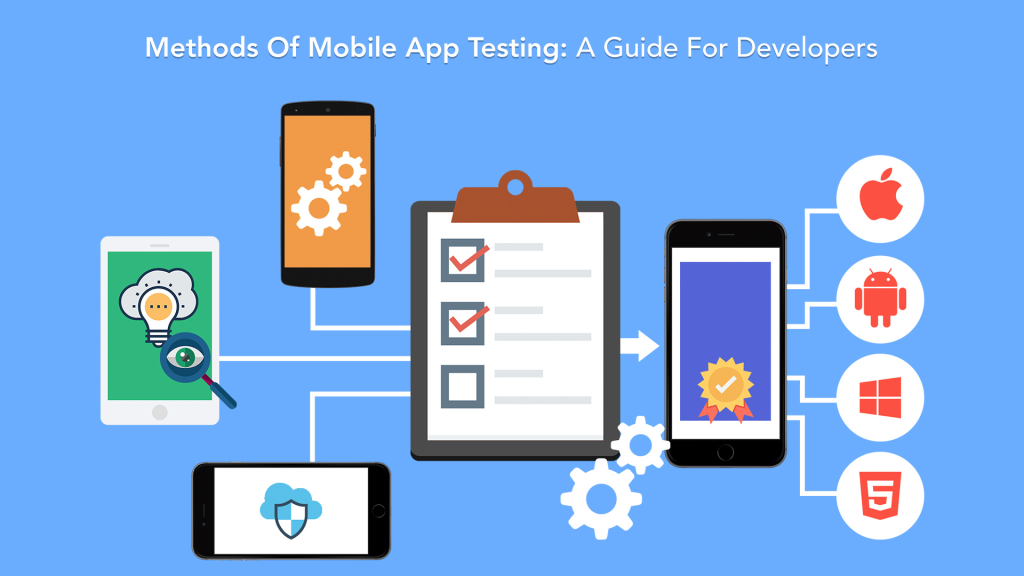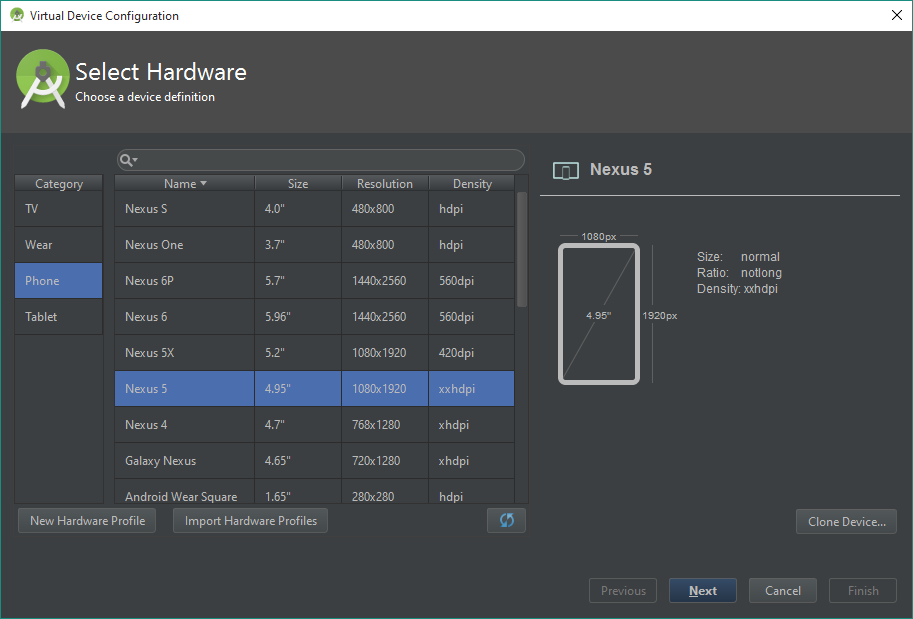In today’s digital age, the demand for mobile applications has skyrocketed. With millions of apps available in app stores, it has become imperative for developers to ensure the quality and functionality of their creations before launching them into the market. This is where an Android virtual machine comes into play. In this article, we will delve into the legality of using an Android virtual machine for app testing and how it can benefit developers.
Understanding Android Virtual Machine:
An Android virtual machine, also known as an emulator, replicates the functionality of a physical Android device, allowing developers to test their applications before deploying them on real devices. With an Android virtual machine, developers can create a virtual environment that mimics various device configurations and Android versions. This makes it easier to identify any bugs or performance issues early in the development process.

The Legality Controversy:
The question of whether using an Android virtual machine for app testing is legal often arises. It is important to note that the legality of using emulators for testing purposes is not in question. Emulators have been widely used by developers for years and are recognized as a legitimate tool in the software development industry.
However, the legality comes into play when it comes to using an Android virtual machine to test applications that are not owned by the developer. It is crucial to ensure that the usage rights of the applications being tested are properly obtained or fall under fair use laws.
Acquiring Proper Rights:
Before proceeding with app testing on an Android virtual machine, developers should ensure they have obtained the necessary rights to test and use the applications under consideration. This usually involves obtaining permission from the copyright holder or acquiring open-source applications that allow testing in virtual environments.
Developers can consider reaching out to application owners or collaborating with companies that offer legal access to a wide range of applications for testing purposes. This ensures compliance with intellectual property laws and protects developers from potential legal issues.
Benefits of Using Android Virtual Machine:
- Cost-saving: Using an Android virtual machine eliminates the need for purchasing multiple physical devices, ensuring significant cost savings for developers, especially small-scale ones.
- Versatile testing environment: Developers can test their applications on different screen sizes, resolutions, Android versions, and device configurations. This enables comprehensive testing and ensures compatibility across a wide range of devices.
- Time-efficient testing: With an Android virtual machine, developers can save time by quickly deploying and testing their applications without the limitations of physical device availability.
- Debugging facilitation: Android virtual machines provide a rich debugging environment, allowing developers to easily identify and rectify issues with their applications, leading to better app quality.
- Enhanced user experience: Through thorough testing on an Android virtual machine, developers can refine their applications, delivering an improved user experience and gaining a competitive edge in the market.

Conclusion:
Utilizing an Android virtual machine for app testing is a legal and efficient practice for developers. By following the appropriate channels to acquire the necessary rights to test applications and adhering to intellectual property laws, developers can ensure a seamless testing process. The benefits of using an Android virtual machine are undeniable, including cost savings, versatile testing environments, time-efficiency, enhanced debugging capabilities, and improved user experiences.











